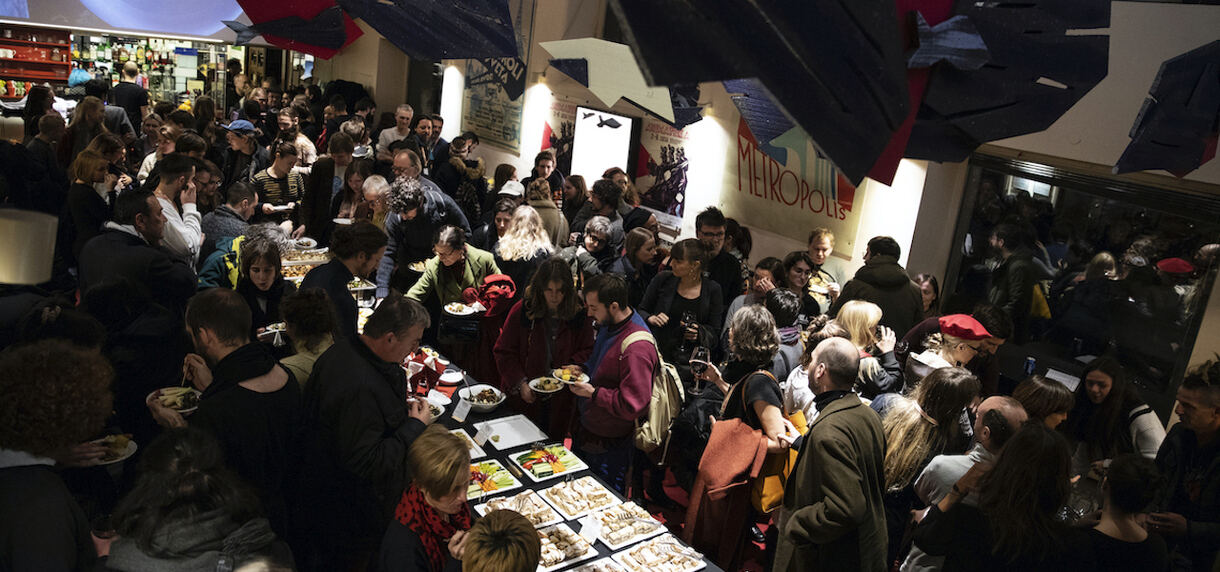
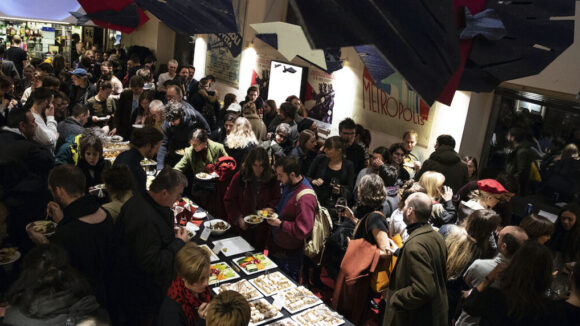
Report: Animateka, A Festival With A Keen Eye For European Animation
I’ve been extremely fortunate to have had the opportunity to attend many international animation festivals over the years. But it can get a bit exhausting and repetitive after a while. There are only so many animated shorts and features being made each year. When I go to a festival, it’s not just about seeing films — it’s about meeting people and having proper chats.
For years, my go-to festival was the Holland Animation Film Festival (HAFF). Under the direction of Gerben Schermer, HAFF straddled the worlds of animation and contemporary art in an intimate, relaxed setting, while introducing a number of artists who were making animation films, but largely outside our animation community. Thanks to HAFF I discovered a lot of interesting films and voices. When the festival went kaboom in 2018, I sought a replacement.
While I love new festivals like GLAS in Berkeley and New Chitose Airport International Animation Festival in Japan, they feel more for the younger generation (and I don’t want to feel old). Which is why I’ve settled on the Animateka in Ljubljana, Slovenia.
I first attended the festival in 2013 and it left a strong impression on me. First off, Ljubljana is a beautiful and small city, especially in December (when the festival takes place). At night the city center is lit up with holiday lights (that aren’t annoying). Beneath the gaze of a castle on a hill, there are canals, parks, and assorted shops. There’s a nice, intimate vibe in the city, and that feeling is reflected in Animateka.
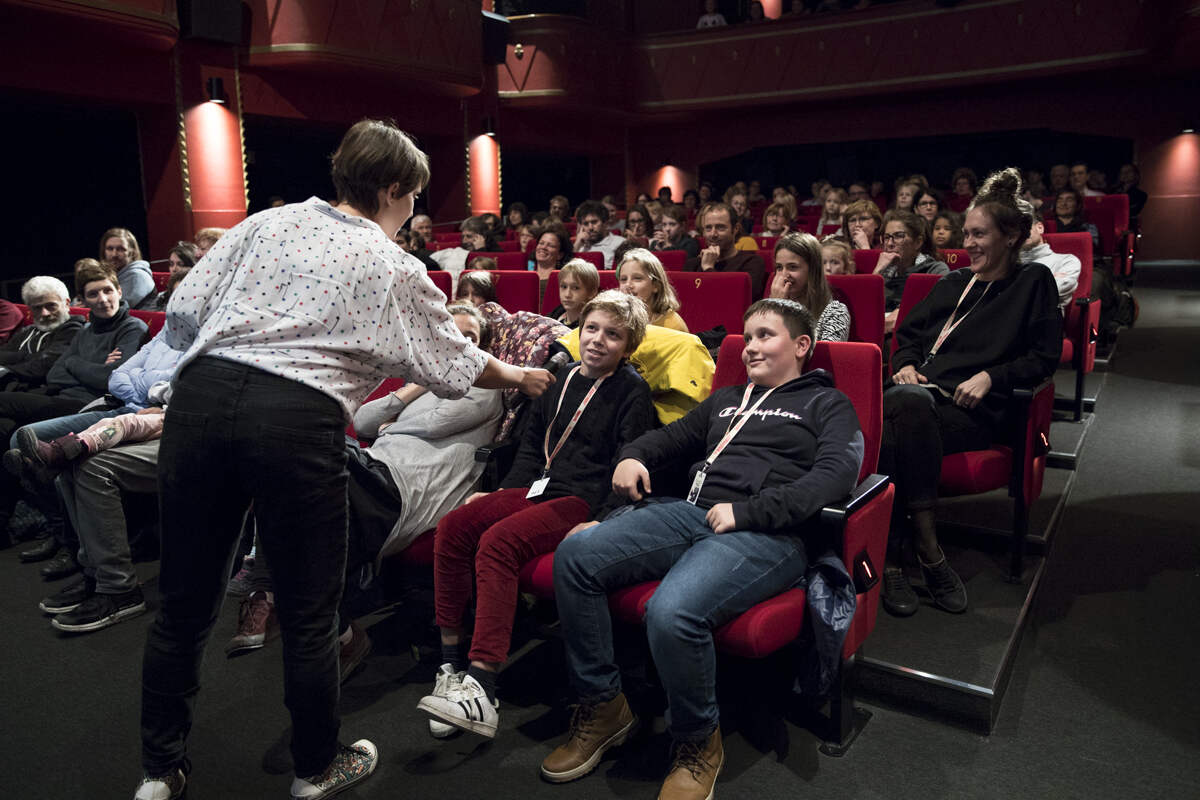
Animateka was founded in 2004 by Igor Prassel. Like so many in the animation community (especially the indie world), Prassel came to animation indirectly. After studying journalism, he worked for the comics magazine Stripburger, which eventually led him towards the joys of animation. “Before starting the festival in 2004,” says Prassel, “I was working for the Slovenian Cinematheque [Kinoteka]. Since nobody there was interested in animated film, I was given a chance to have a program of animated films.”
After presenting screenings of films from Animafest Zagreb and HAFF in Ljubljana, Prassel got the idea to organize a festival. “With the help of the Slovenian Cinematheque,” he says, “we launched the first edition of Animateka in December 2004, with the mandate to present to our local public the best of international, auteur-driven, animated films.”
The festival takes place primarily in three venues. There’s a century-old power station that has been converted into a cultural space, and the Slovenian Cinematheque, where the student competition and most of the historical screenings take place. The main venue is the art-house cinema Kinodvor, which features a beautiful screening space and a great bar/café where most of Animateka’s social gatherings take place.
While Prassel doesn’t quite go to the eclectic extremes of HAFF with his selections, he is a guy with a wide-ranging palette and a great knowledge of animation history — especially animation produced outside of North America. His historical programs are rich and deep. You don’t get the greatest hits in his Hungarian or Baltic screenings; you get the deep cuts.
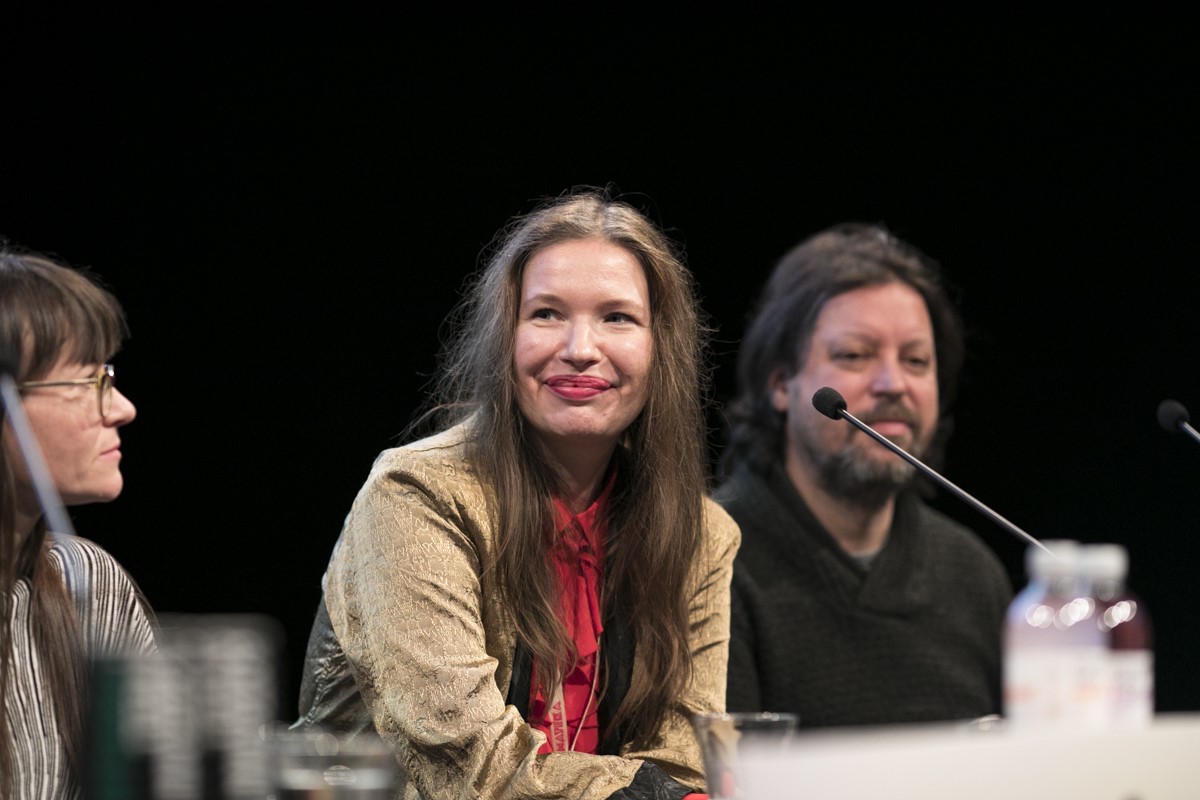
The competition programs are also unusual, with priority given to European works. The “Elephant” screenings include the best films made for — and juried by — kids. The student competition is also open only to European works, while the main competition is even more rigid: only films made in Central and Eastern Europe are eligible. While these rules can weaken a competition, they also create opportunities for good films that might have just missed out on the festival circuit.
In recent years, Prassel has added a more professional event called Animateka Pro. It’s sort of like MIFA at Annecy or TAC at Ottawa, but with a focus on auteur animation. Each day, in the striking Old Power Station, a series of talks, debates, and presentations take place. I’m not one for talkie events in general, but I tend to attend most of these ones. It’s fascinating to hear how people are creating, producing, and distributing “auteur” films in different parts of the world.
Animateka Pro also features a unique event where producers and animators from ex-Yugoslavian countries get a chance to pitch their projects to an international panel of judges. The winning project is given the opportunity to attend the CEE Animation Forum pitching event at the Anifilm festival in the Czech Republic.
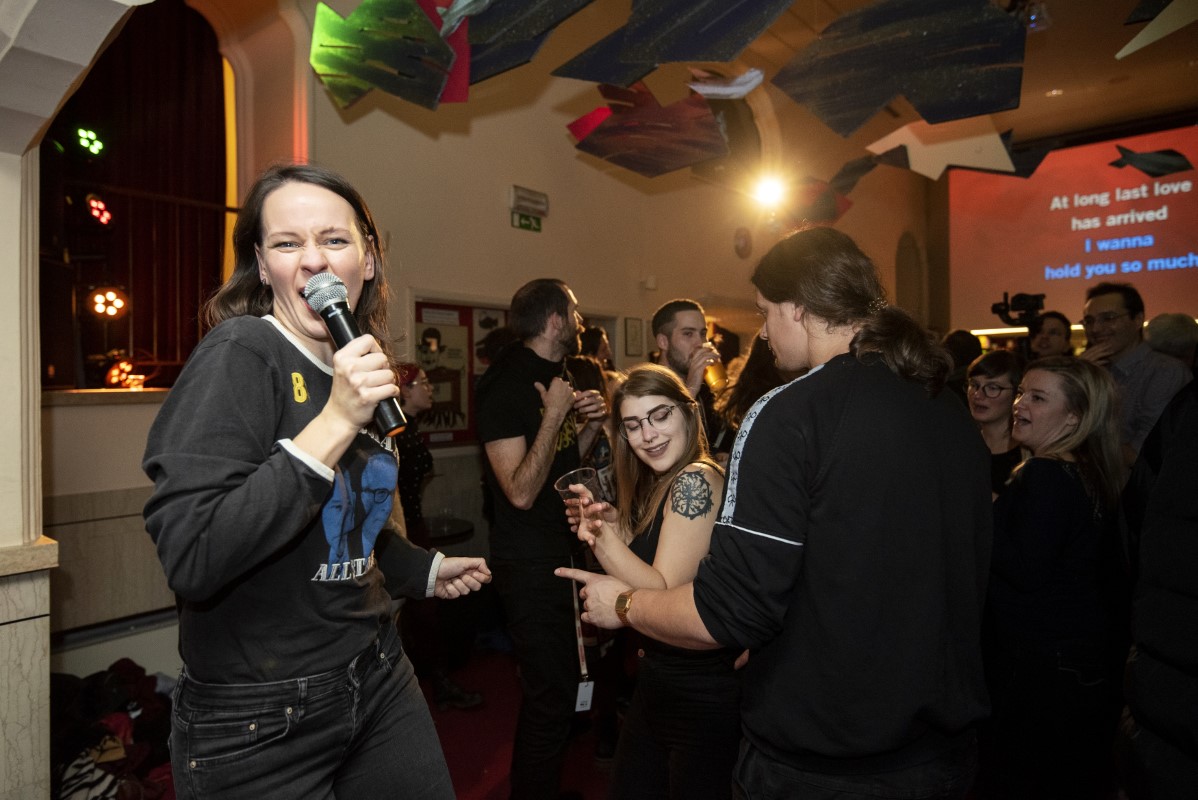
You can go to many festivals to hear big studios say the same old thing about recruiting, development, production, and so on, but you also know that most of what you are being fed is carefully scripted. Animateka Pro is far humbler and more honest. French producer Olivier Catherin’s recollections of the challenges he faced in 2019 were insightful, refreshingly blunt, and often hilarious.
There was also the powerful and, unfortunately, necessary statement from Miyu Distribution’s Luce Grosjean about the unacceptable behavior and actions of some male twits in our industry. (Oddly enough, in that same building, there’s an office area with walls that are decorated with an assortment of photos and calendars featuring scantily clad ladies. It’s like some pervy 1970s time trip document!).
Outside of the screenings, there are great social events and spaces for informal discussions. There are concerts and karaoke (which tops those of most festivals), and in 2019 there was even a Baltic quiz night! The staff at both the festival and Kinodvor are relaxed, funny, and extremely welcoming; that there are few turnovers is the mark of a solid organization. Animateka is a rich, inviting, and refreshing alternative for those who don’t enjoy the chaos of larger animation festivals.

